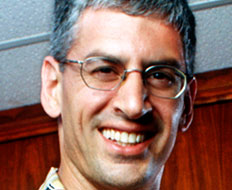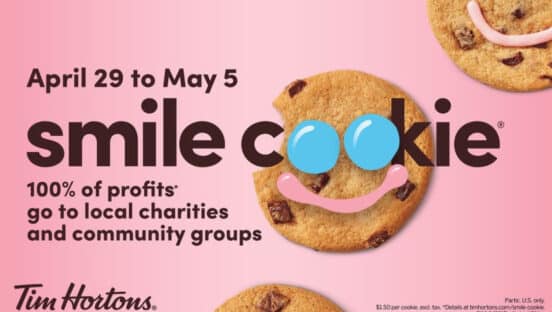Why are specialty beverage programs growing in popularity?
The quick serves are all trying to add specialty beverages to do two things. The first is to differentiate from each other, and secondly they’re trying to add products that their customers are already getting elsewhere.
The advantage quick serves have is generally they have a food option. So this is a way they can leverage their food option by offering beverages at a higher price point that are differentiated from their competitors. They get higher ticket sales, and it’s a win all through the system.
If customers are used to getting only meals at quick serves, will they come just for beverages?
The classic example is McDonald’s with their McCafé program. McDonald’s introduced coffee because they have a strong breakfast menu, and now they have a lot of people emulating it. But that doesn’t mean that you can’t have other brands offering other types of beverages to compliment existing menu items.
What are some examples?
I’ve always thought that Chipotle would do well with a spicy hot chocolate. You also have smoothies, which are really popular right now. Certain operators can look at the potential of fruit-based items. In large part it depends on what the core menu offering of the brand is, then leveraging that into a beverage program.
What’s the first step for a brand trying to roll out a beverage program?
It begins with examining the core competencies of the brand itself. What do you do, what does the brand do well, and where does it look to extend its offerings? There are certain beverage possibilities and combinations that work really well. Breakfast and coffee, for example, makes perfect sense. Other combinations might not be so evident. So leveraging what the brand itself is all about will help define what that beverage program is going to look like.
Does that mean looking at menu offerings first?
It’s menu offerings, but it’s also their customer base and demographics. There also needs to be a commitment to invest to create a successful program. An operator has to be willing to make an investment. You can’t just put a latte on a menu and expect sales to jump.
How much of an investment are you talking about?
If you look at the investment that McDonald’s made into its program, the physical investment in the stores was stupendous. Every McDonald’s put in equipment and reconfigured drive thrus just to add those drinks. And that’s all before they even sold the drinks. My guess is that that’s the largest investment in a specialty coffee program that has ever been done in the quick-serve segment.
Not every program is going to be that extensive. What should average operators consider when calculating costs to get started?
You have to spend the money on equipment, you have to spend the money on operational issues, you have to examine speed of service and operational constraints, and you’re going to have to look at your menu for specific dayparts. McDonald’s started with coffee in the morning and ended the day with smoothies, and it’s been a runaway success. Once they gathered credibility from consumers around the morning beverage program, their customers trusted the brand to offer them another type of drink during another daypart.
What flavor trends are most popular right now in specialty beverages?
Fruit is huge right now. When you look at fruit smoothies, they have really jumped to the forefront. The second big trend is tea. Everyone is trying to figure out how to sell tea. And one of the interesting challenges is, how do you rebrand and reimage a tea program when traditionally the tea consumption is iced tea?
Iced tea is really not an exciting beverage offering because it has been so commoditized. People are trying to reinvigorate tea programs. And they’re asking: Should I serve different kinds of flavored iced tea? Should I use tea as a base in smoothies? Should I offer hot tea drinks? Should I add tea lattes? There is a lot of thought going into how to reposition tea.
Are there flavors that specialty beverage programs should avoid?
I haven’t seen anything that’s really not been popular. I’ve seen some “back to basics” efforts. Specialty beverage programs have become so popular that the operator needs to differentiate himself not with a fancier program, but with a quality offering.











